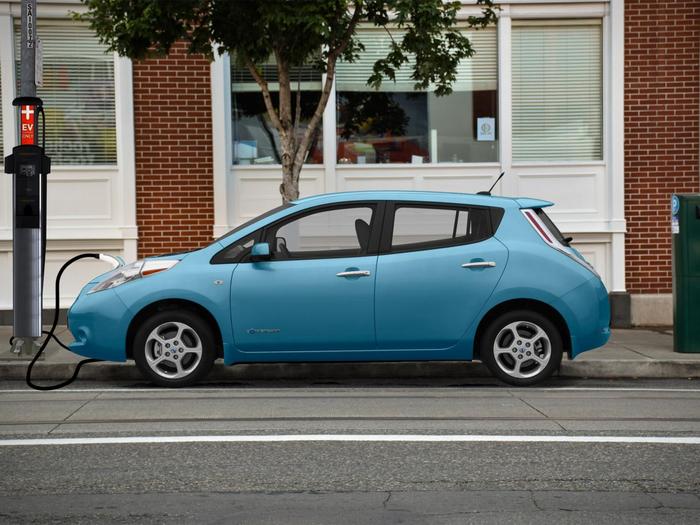As electric vehicles (EVs) become more common, one major obstacle remains. Convenient and affordable access to EV charging stations.
For urban residents and people living in multi-unit buildings, the lack of residential charging options can make EV ownership unrealistic.
However, Penn State’s new project may have discovered groundbreaking and surprisingly simple solutions.
Bright ideas for fair EV charging
Pennsylvania researchers have developed a scalable framework for converting existing streetlights into EV charging stations.
Their approach provides low-cost, accessible, and environmentally friendly solutions to expand EV infrastructure, especially in cities with limited space and access.
The team installed 23 streetlight charging stations in Kansas City, Missouri as part of the pilot program.
The project was funded by the U.S. Department of Energy and was implemented in collaboration with the City of Kansas, the Metro Energy Center, local utility companies, and the National Renewable Energy Lab (NREL).
Researchers have shown that streetlight chargers are more affordable, efficient and sustainable than traditional EV charging stations.
Cost and Environmental Benefits
Traditional EV charging stations often require costly infrastructure upgrades, such as new power connections and parking. In contrast, streetlight chargers utilize existing infrastructure.
The conversion process is relatively simple and inexpensive as streetlights are already driven and are usually owned by the local government.
A study in Pennsylvania found that installation costs were significantly lower compared to standard charging stations. Additionally, these chargers provided faster charging speeds as they drew power directly from dedicated municipal electrical lines.
Beyond costs and speed, the environmental benefits were clear. The study reported reduced greenhouse gas emissions and gasoline consumption as the chargers were already installed in areas where they were parked, eliminating the need for drivers to travel elsewhere to charge the vehicle.
A scalable framework for cities across the country
One of the most innovative outcomes of the project is a three-part framework designed to help other communities replicate the success of Kansas City pilots.
The framework focuses on demand, feasibility and community benefits, allowing cities to determine where and how to effectively install streetlight EV charging stations.
To assess demand, researchers analyzed data such as traffic volume, land use, and nearby points of interest. Next, we used artificial intelligence (AI) to predict where the charger would be most beneficial.
Equity was also an important factor. The team emphasized community involvement, ensuring that charging access is distributed considerably among diverse areas, not just wealthy and busy areas.
Empower the community through data
The Pennsylvania findings confirm that streetlight EV charging stations are fair and efficient.
The team is currently planning to refine the model by incorporating socioeconomic and weather data, which could further improve forecasts for EV charging demand and infrastructure placement.
Understanding how temperature and climate impact EV use can also help cities to better plan for their future energy needs.
Lighting the path to a sustainable future
As the transition to electricity transport accelerates, the need for creative, affordable, and fair charging solutions has grown more than ever.
Penn State’s Street Light Charging Initiative offers a promising pathway to leverage existing infrastructure to utilize clean cities as power sources and make EV ownership accessible to anyone.
With its scalable design and proven success in Kansas City, the framework will soon help the community expand its network of EV charging stations and turn simple streetlights into a symbol of sustainable innovation.
Source link

